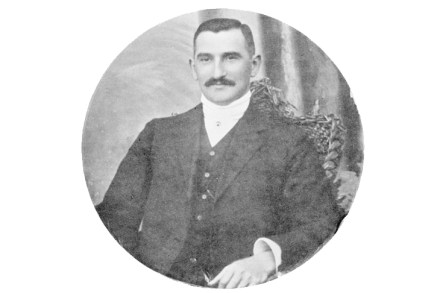The British Dreyfus
One day in December 1908, a wealthy 81-year-old spinster named Marion Gilchrist was bludgeoned to death in her Glasgow flat. Miss Gilchrist, who lived alone with her maid, was an obsessive collector and hoarder of jewels, which she hid among her clothes. There was no sign of a forced entry, but a valuable diamond brooch was missing. The month before the murder she had changed her will, cutting out her relatives, whom she hated, and leaving everything to her maid. The Glasgow police decided to arrest a foreigner named Oscar Slater. He happened to have pawned a brooch around the time of the murder. The brooch turned out to belong





















